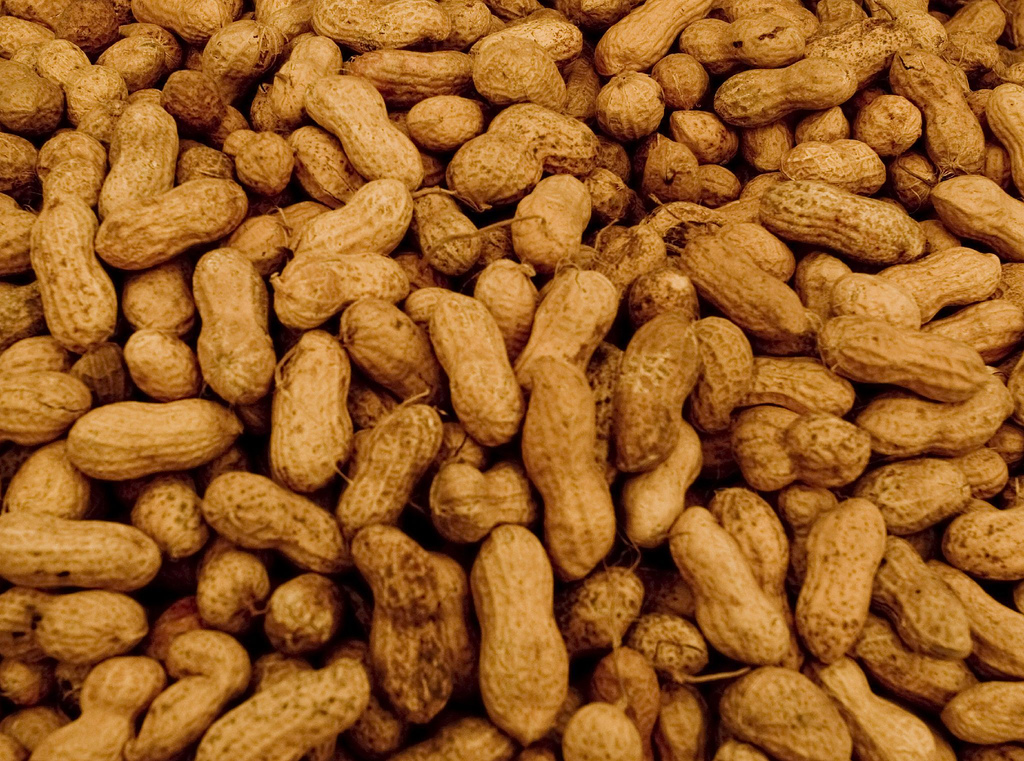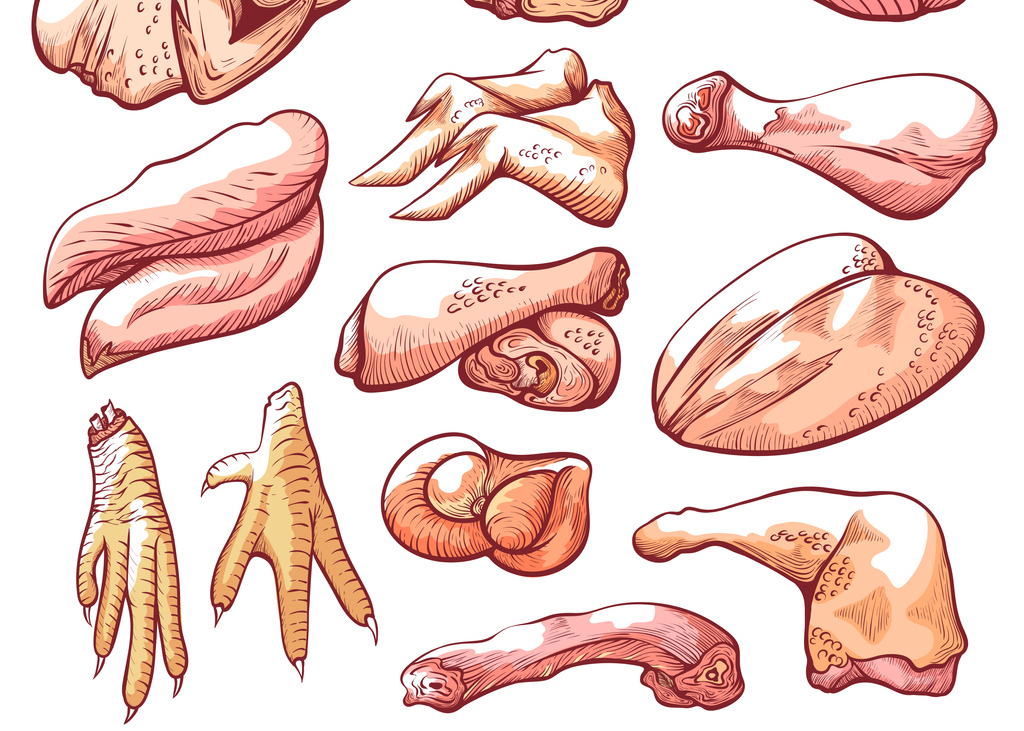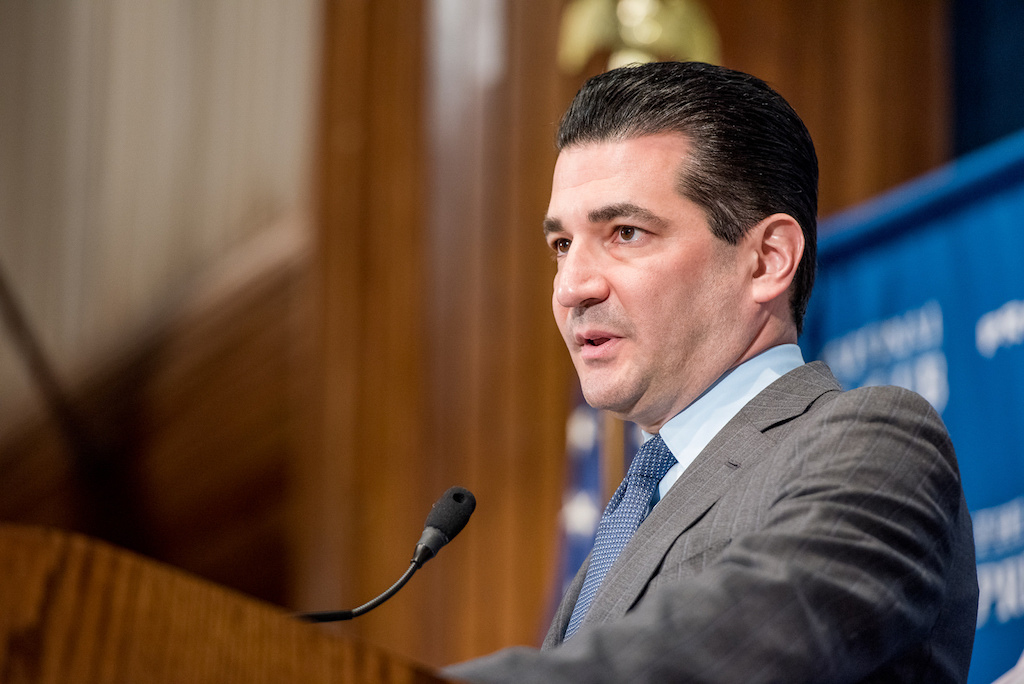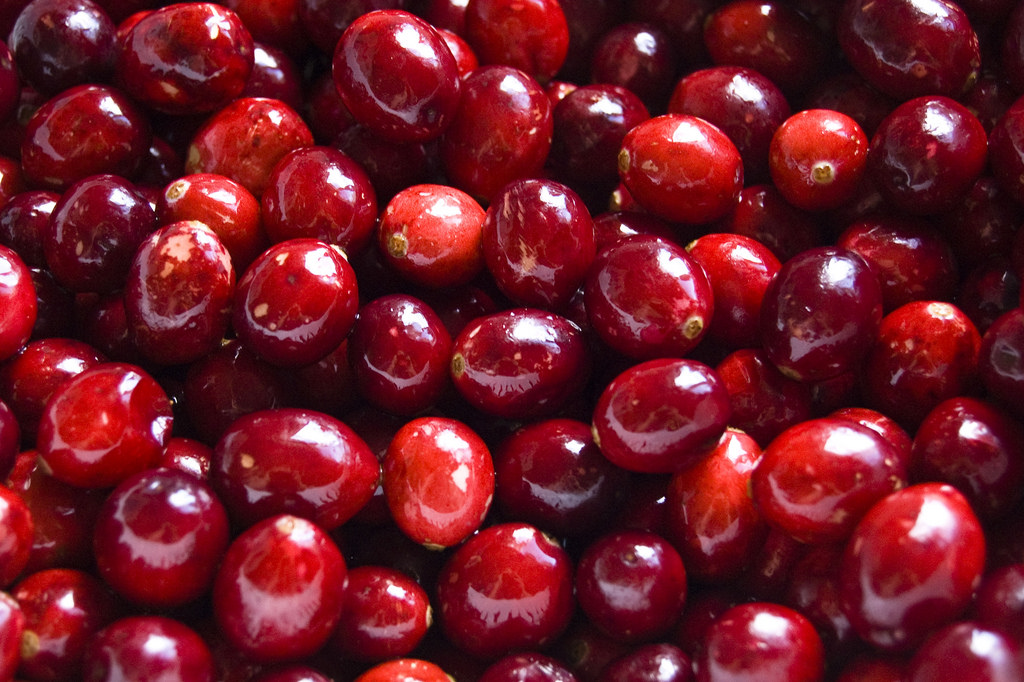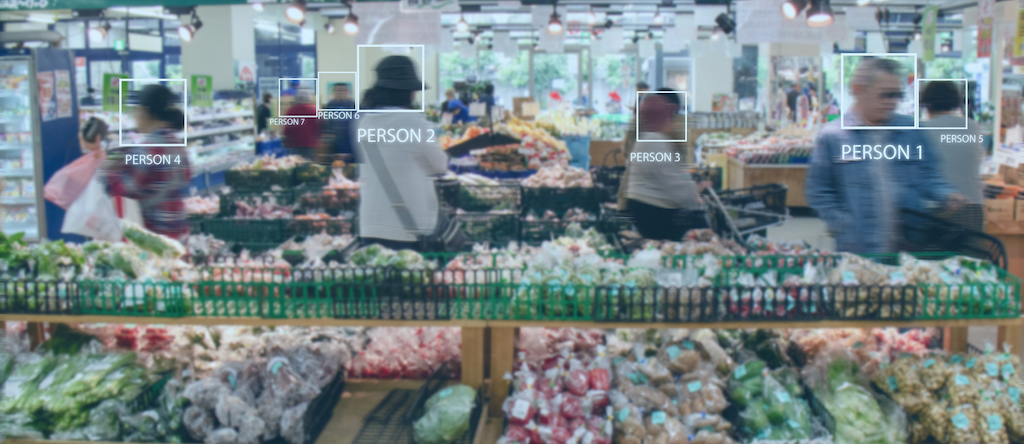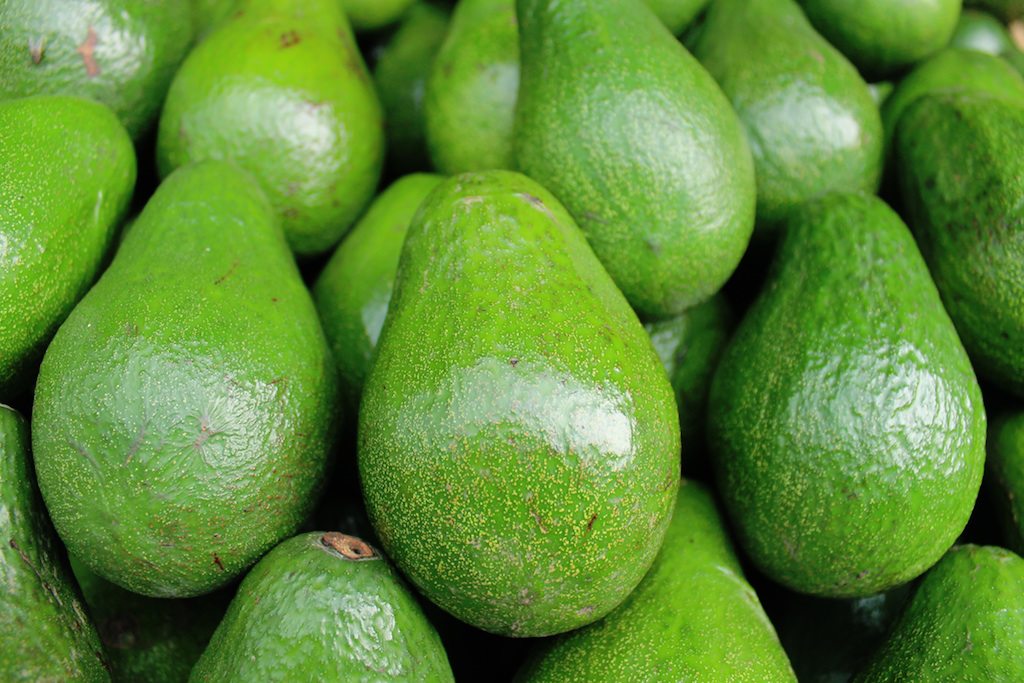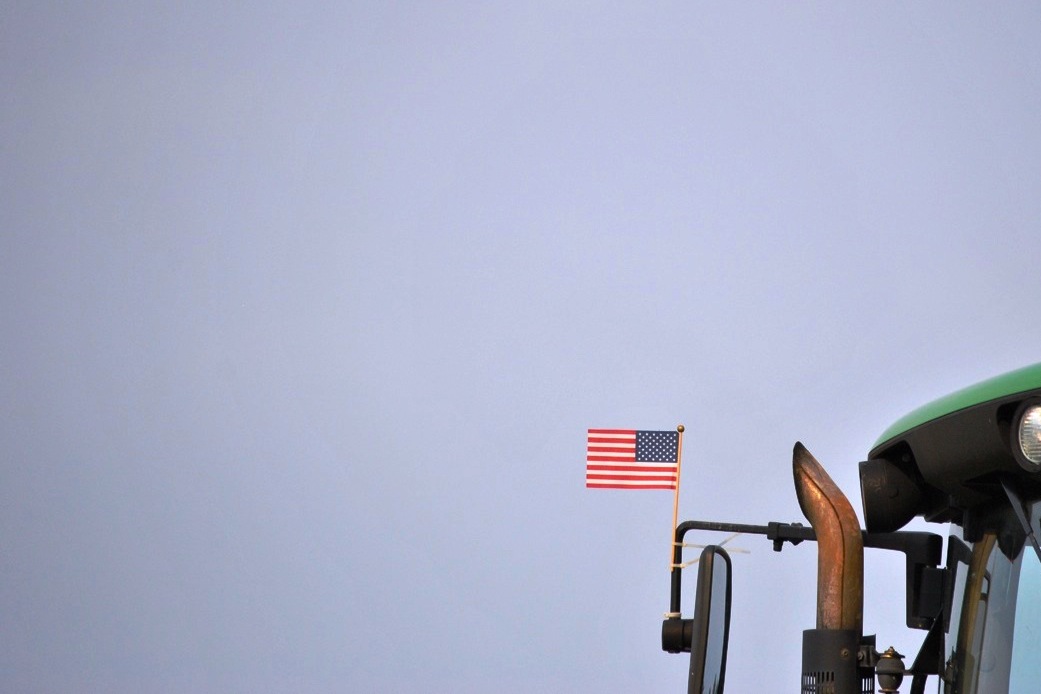This is the web version of a list we publish twice-weekly in our newsletter. It comprises the most noteworthy food stories of the moment, selected by our editors. Get it first here.
In sickness and in health. New York City’s Paid Sick Leave law went into effect in 2014, but the Village Voice reports that 55 percent of workers covered by the law know little or nothing about it. During this deadly 2017-18 flu season, when 48 states and Puerto Rico have reported widespread activity, calling out has become an employer call to action: Don’t be bringing that bug in here. But as you might expect, tipped food-service workers are particularly vulnerable to unspoken pressure to work while sick. In 2016, Joe Fassler covered an Atlanta-based grant program that aids restaurant workers in the event of a medical calamity, but the Voice’s findings would indicate that even when sick-leave law is on their side, those who work in food service are still somehow an exception.
Calories aren’t what they used to be. Two stories out this week suggest the “calories in, calories out” dieting paradigm may be headed the way of the juice cleanse and Atkins. A large study published Tuesday shows that people who threw calorie counting out the window and focused instead on eating whole foods and cutting back on sugar consistently lost weight over the course of a year, the New York Times reports. And last week in The New Republic, Corby Kummer outlined the work of a new generation of researchers who advocate for ditching simple carbohydrates in favor of unlimited nuts and full-fat dairy. If you need us, we’ll be dipping our spoons in the peanut butter jar.
…unless you’re allergic. The Centers for Disease Control and Prevention (CDC) estimates that between 150 and 200 Americans die every year from peanut allergies. Now, the first drug treatment to provide protection from accidental exposure may be on the horizon, says STAT. Biotech company Aimmune Therapeutics has developed a capsule containing a measured amount of peanut flour, which exposes users to small doses of ingestible peanut protein over time. And it’s not just much ado about no meaningful therapy: the company has cleared a significant FDA requirement for approval.
“Be nice or leave!” The Santa Claus of local produce has died. Arthur J. Robinson, better known as Mr. Okra, died of a heart attack in his home in NewOrleans last Thursday. Once known as “Lil’ Okra,” Robinson rose to local popularity by singing the produce options for the day’s delivery into a microphone attached to his colorfully painted vehicle. When the news hit Friday, many mourned for Robinson as the last of a dying breed, but The NewOrleans Advocate reports that Mr. Okra’s daughter will take up the fruit peddling torch. Sergio Robinson, who covered for her father when he suffered health setbacks during his last few years, will be the third generation to sell produce on wheels (her grandfather, Nathan Robinson, also known as “Okra Man,” delivered on horse and buggy).
Banking on it. The World Food Programme feeds as many as 100 million people in 80 countries. You wouldn’t expect that a food assistance program with a $6 billion budget would be sweating bank fees. Alas, even WFP is saddled with those pesky outlays, says Bloomberg Technology. So instead of threatening to take its business elsewhere—well, elsewhere on terra firma—WFP is taking it to the blockchain, where it expects to cut millions of dollars in fees by switching to digital ledgers. Bet the blockchain doesn’t give away free pens and lollipops, though.
